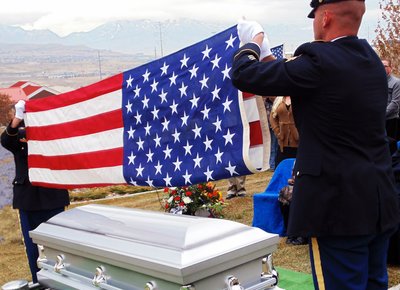The benefits of travel are enumerable, and I’m seeing many social media posts from friends and family who are venturing back onto planes and trains this summer. However, as anyone who has traveled in the past 10 years knows, travel has always had its downsides, even pre-pandemic.
Read more: Glendale Register – Staying healthy while traveling
What increases the risk of catching a virus or infection during air and train travel?
Surprisingly, it’s not what you may think. Most people tend to focus on the air quality. While it’s true that infections can be spread through air droplets, a plane’s air is actually filtered more than a movie theater’s or sporting event venue’s.
According to a study in 2007 by Charles Gerba, professor of environment microbiology at the University of Arizona, it’s the surfaces on the airplane that create the greatest risk of picking up bacteria and viruses. The surfaces that harbor the most microbial pathogens are tray tables, bathrooms, and seats – especially arm rests.
Read more: Glendale Register – Staying healthy while traveling
If you could avoid contact with your face after touching the surfaces on an airplane, you could significantly reduce transmission. However, it is almost impossible not to touch your face.
In medical school, during one lab, the professor put a powder that could only be seen with UV lighting on our books. At the end of class, the professor used an ultraviolet light and confirmed that everyone had touched their face at least once – and most of us repeatedly.
Preventing viruses and infections
The most reasonable approach is to carry antimicrobial wipes to clean the surfaces of the hand rests and tray tables. Wash your hands after using the bathroom. Use hand sanitizers before you eat. You might also put a napkin over the tray table to avoid touching the surface.
Fortunately, most infections are not life-threatening, but rather a short-term inconvenience.
Deep vein thrombosis (DVT) and pulmonary embolism (PE) risks
More serious is a DVT, which is also referred to as “economy class syndrome,” because it occurs most often when sitting for long periods of time in cramped spaces. The risk of a DVT is increased by as much as two to four times on long-haul flights.
DVTs are more likely for travelers who have other risk factors, such as obesity, heart failure, cancer, increased age or recent major surgery. A 2001 New England Journal of Medicine study found that flights greater than 3600 miles cause increased risk of a DVT and PE. This limits the risk to mostly international flights and those traveling from the east coast to Hawaii. Unfortunately, DVTs and PEs can be life-threatening, if untreated.
Prevention of DVTs
When on a flight of more than five hours, make sure you walk or move around every one to two hours. Hydration is also critical to decrease clot risk. Another easy solution is below the knee compression stockings, which have been shown to decrease risk dramatically.
What about the role of stress?
Travel increases stress for many. Acute stress tends to increase the risk of hypercoagulability, or clots, and thus the risk of cardiovascular disease.
Chronic stress may also cause people to be more susceptible to infection, including the common cold.
Biofeedback, which involves deep breathing and meditation, is a great way to reduce both chronic and acute stress while traveling.
Though there are no guarantees, take these precautions to minimize the risks of infection, DVT/PE and increased stress. Also, take it to heart the next time you hear the captain and flight attendants tell you to sit back, relax and enjoy the trip.
Read more: Glendale Register – Staying healthy while traveling



